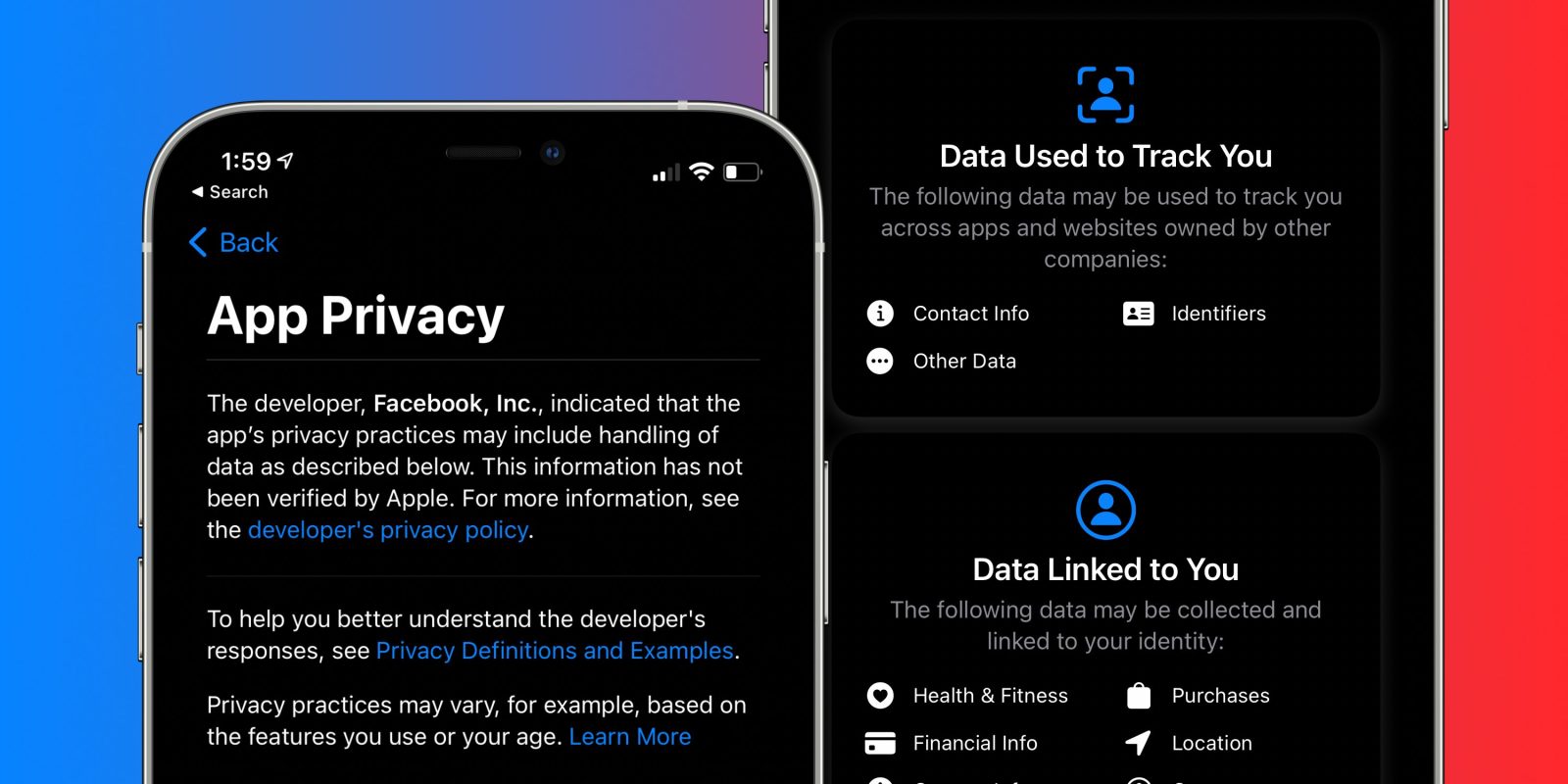Examples
The Examples section highlights companies that have effectively adhered to privacy regulations while maintaining exceptional user privacy standards. Explore these case studies to gain insights into how these companies have successfully safeguarded user data and upheld privacy guidelines.
Apple
Apple, a technology giant, has demonstrated a commitment to user privacy through various strategies. Their "Privacy by Design" philosophy incorporates features like App Tracking Transparency, which gives users control over app data collection. Additionally, Apple employs on-device processing to minimize data sent to their servers. This technique safeguards sensitive information such as Face ID scans by keeping them local. Their privacy nutrition labels on the App Store offer transparency regarding data practices, ensuring users can make informed choices.
Furthermore, Apple employs cutting-edge techniques to minimize data collection and storage. For instance, they utilize on-device processing to perform tasks like facial recognition for Face ID without transmitting the actual images to their servers. This safeguard ensures that even in the event of a security breach, sensitive biometric data remains local and secure. Apple's introduction of privacy nutrition labels on the App Store adds an extra layer of transparency, enabling users to easily comprehend an app's data collection and usage practices before downloading.

ProtonMail
ProtonMail has emerged as a trailblazer in the field of encrypted email services, prioritizing user privacy through a combination of security measures and user-centered features. The hallmark of ProtonMail's approach is end-to-end encryption, which ensures that only the intended recipients of an email possess the decryption keys required to read its contents. This fundamental technique prevents unauthorized access to sensitive information, even if intercepted during transmission.
In addition to encryption, ProtonMail's zero-access architecture distinguishes them from other email providers. This architecture means that ProtonMail does not have access to user data. Consequently, even if legally compelled, they cannot provide decrypted emails to authorities. ProtonMail also provides open-source code, allowing the public to scrutinize their security practices and confirm their commitment to user privacy. To further enhance anonymity, ProtonMail supports the use of Tor, providing users with the means to browse and communicate with an added layer of privacy.
Mozilla
Mozilla, the organization behind the Firefox browser, has taken a proactive stance on user privacy by integrating features that protect users' online activities from unwarranted tracking and data collection. One of their standout features is Enhanced Tracking Protection, which blocks third-party tracking cookies by default. This feature not only shields users from pervasive online tracking but also contributes to a more private and focused browsing experience.
Beyond browser features, Mozilla actively advocates for privacy regulations and data transparency. Their commitment to users' digital rights is demonstrated by their involvement in initiatives like the Privacy Month campaign, which aims to raise awareness about online privacy risks and the importance of privacy-conscious online behavior. Moreover, Mozilla's Facebook Container extension is designed to isolate Facebook activity from the rest of users' online interactions, minimizing the data shared with the social media platform.
DuckDuckGo
DuckDuckGo has carved a niche for itself as a privacy-focused search engine that prioritizes user anonymity and data protection. Unlike traditional search engines that track user searches to personalize ads, DuckDuckGo operates on a strict no-tracking policy. They do not store users' personal information, search history, or IP addresses, ensuring that search queries remain private and anonymous.
DuckDuckGo's privacy-centric approach also includes innovative features like the Privacy Essentials browser extension. This extension enforces encrypted connections to websites whenever possible, reducing the risk of data interception. Furthermore, their commitment to transparency is evident in their Transparency Report, which details the number of search queries performed and the privacy-preserving features they offer. By maintaining a principled stance against data collection and tracking, DuckDuckGo serves as an example of a privacy-focused search engine.
WhatsApp, a widely-used messaging app, sets a high standard for secure communication through its emphasis on end-to-end encryption. This encryption ensures that only the sender and intended recipient can read messages, preventing intermediaries or even WhatsApp itself from accessing message content. This privacy measure guarantees that sensitive conversations remain confidential.
WhatsApp continues to innovate its privacy features with offerings like disappearing messages, which automatically delete messages after a specified time frame. Two-step verification adds an extra layer of security, requiring users to enter a unique code when setting up their account. Importantly, WhatsApp's resistance to collecting unnecessary user data stands out. They limit data sharing with parent company Facebook, demonstrating their commitment to safeguarding user information.